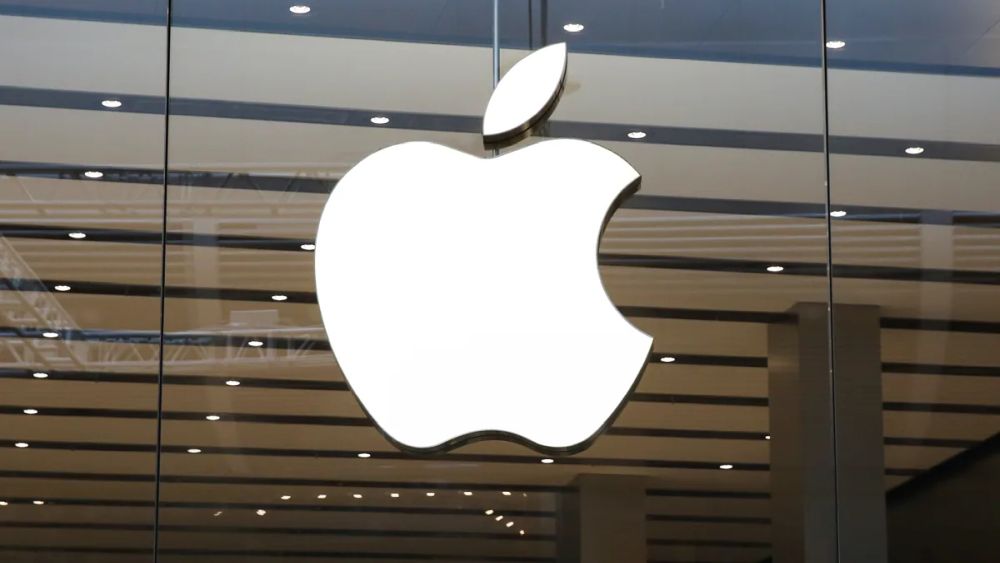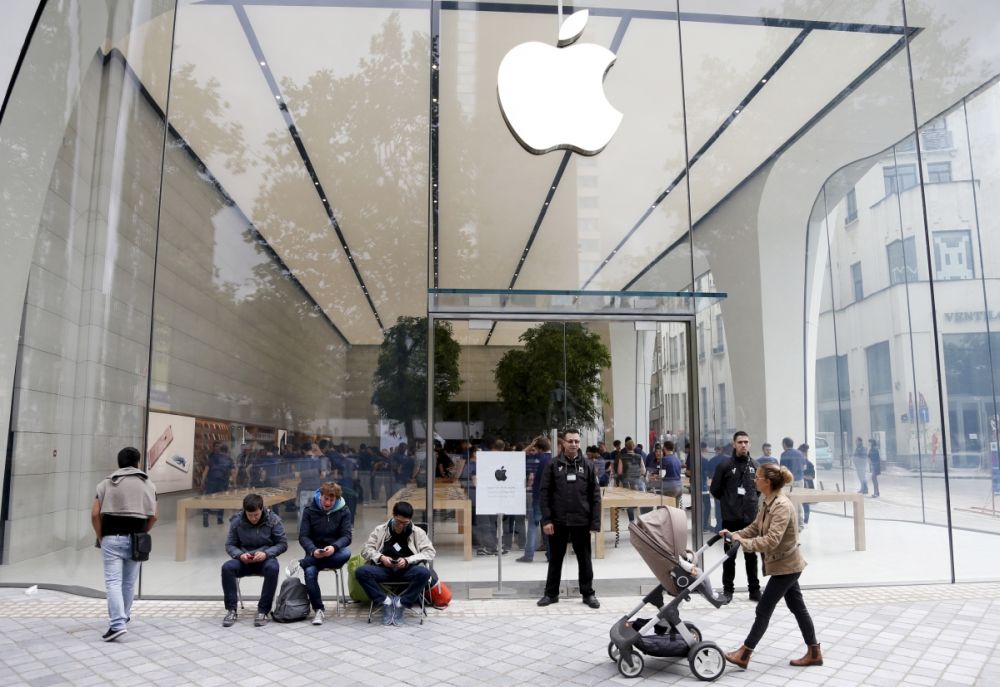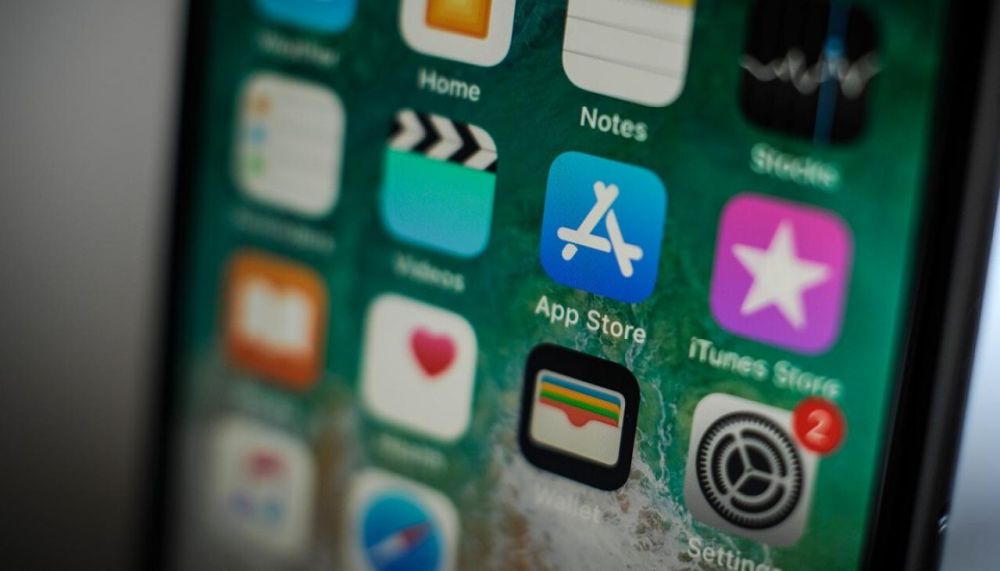In a significant legal maneuver, the US has taken aim at tech titan Apple, alleging monopolistic practices and the suppression of competition within the smartphone market. The lawsuit, spearheaded by the justice department, contends that Apple wielded its dominance over the iPhone app store to solidify customer and developer loyalty, while simultaneously hindering rival products. This move marks a pivotal moment in Apple’s trajectory, as it faces one of its most substantial challenges to date amidst mounting scrutiny over its business practices.

At the heart of the 88-page complaint lies the accusation that Apple manipulated its rules and restricted access to its hardware and software, all in a bid to enhance its own profits at the expense of consumers and innovation. Attorney General Merrick Garland underscored the gravity of the situation, emphasizing that Apple’s purported actions violate federal anti-trust laws. With the lawsuit now in motion, Apple finds itself embroiled in a legal battle that could potentially reshape its operational landscape.

Central to the government’s case are five key areas where Apple allegedly exerted its dominance to stifle competition. These allegations span from impeding the development of rival apps to limiting interoperability with third-party devices and services. Furthermore, the complaint highlights Apple’s messaging practices, suggesting that its actions have contributed to a perceived social stigma that reinforces its market stronghold.

In response, Apple has staunchly defended its position, asserting that customer loyalty stems from satisfaction rather than coercion. The company maintains that its actions are within the bounds of US law and are motivated by privacy and security concerns. Despite Apple’s vigorous rebuttal, the outcome of this legal showdown remains uncertain, with implications that could reverberate throughout the tech industry for years to come.

